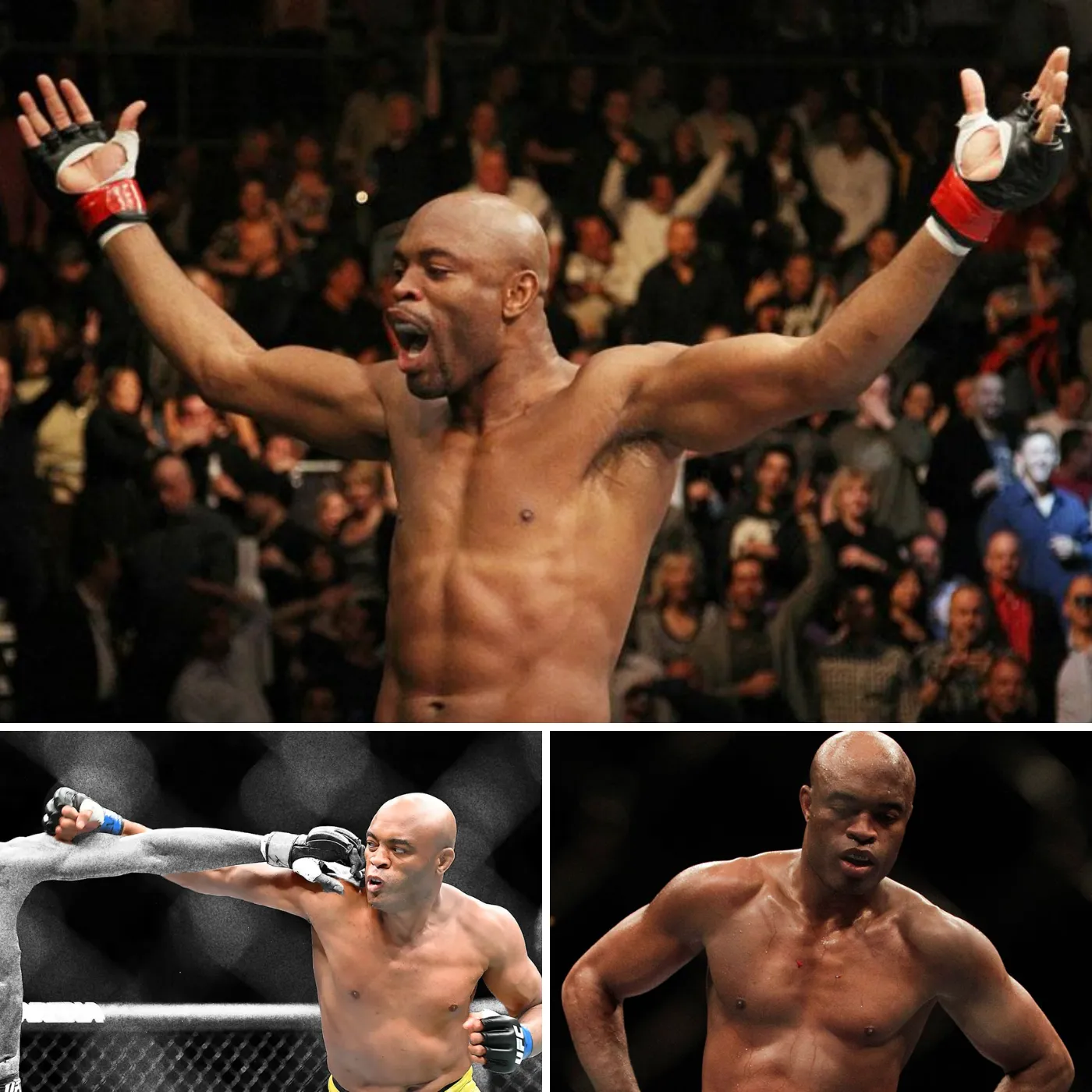George Foreman: Humility After the “Rumble in the Jungle” and the Journey of Rising After Defeat
The Legend of the “Rumble in the Jungle” and George Foreman’s Major Transformation
It has been fifty years since the historic “Rumble in the Jungle” — the iconic match where Muhammad Ali defeated George Foreman in Zaire (now the Democratic Republic of Congo). This fight not only marked a resounding victory for Ali but also transformed Foreman’s life, pushing him to confront defeat and undergo profound change. With tactical resilience, Ali endured Foreman’s powerful punches, before delivering a decisive blow in the eighth round that would cement his status as a sports icon of the century.

For Foreman, the loss to Ali marked the beginning of a new chapter. After a subsequent defeat to Jimmy Young in 1977, Foreman went through a period of spiritual crisis and a “religious awakening,” prompting him to leave boxing for nearly a decade. During this time away, he devoted his life to preaching the gospel, turning his setbacks into salvation. Caplan, a close friend and partner of Foreman, observed this spiritual transformation, which turned him from a formidable boxer into a humble and dedicated man.
Return to the Ring and Late Glory
In 1987, at the age of 37 and after nearly a decade away from the sport, Foreman made a surprising return to the ring. With Caplan’s support, Foreman not only regained his strength but also embarked on a remarkable comeback journey. After many matches and relentless effort, on November 5, 1994, Foreman achieved victory over Michael Moorer, becoming the oldest heavyweight champion in history at 45. Foreman’s humility and unwavering faith in himself helped him defy all limits, proving that with perseverance and belief, anyone can overcome any challenge.

George Foreman completely transformed from a “killer” in the ring to an emblem of resilience, and his story remains an enduring inspiration for those who dare to face failure and rise again.














Post Comment